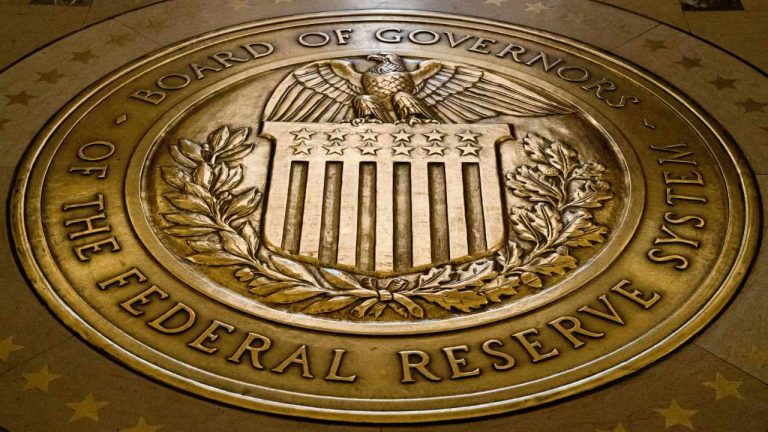Fed Reveals 722 Banks Reported Unrealized Losses Over 50% of Capital as Concerns Over US Banking Crisis Grow

The U.S. Federal Reserve has revealed that 722 banks reported unrealized losses exceeding 50% of their capital at the end of the third quarter of 2022. “Rising interest rates are creating significant unrealized losses in investment securities and in some cases depressing tangible equity,” according to the Fed’s Division of Supervision and Regulation.
722 Banks Reported Unrealized Losses of More Than 50% of Capital
The U.S. Federal Reserve has revealed in a board presentation by the Division of Supervision and Regulation that 722 banks reported unrealized losses exceeding 50% of their capital at the end of the third quarter of 2022. The presentation, released to the public in April, is dated Feb. 14. It highlights the impact of raising interest rates on certain banks and the Fed’s supervisory approach to address issues at these banks.
“Rising interest rates are creating significant unrealized losses in investment securities and in some cases depressing tangible equity,” the Fed presentation states. “As interest rates increase, banks with large market value losses could experience increased financial and risk management challenges.”
The Fed presentation further details:
At third quarter end, 722 banks reported unrealized losses exceeding 50% of capital.
Moreover, “31 of these banks report negative tangible equity levels,” which means they are currently “not able to borrow new money from Federal Home Loan Banks and may lose the ability to sell loans to Government Sponsored Enterprises,” the Fed presentation adds.
Many people took to social media Saturday to voice concerns about the U.S. banking crisis. Some stressed that this is a clear indication that the banking crisis is far from being resolved while others warned that the banking crisis in the U.S. is just getting started.
Gabor Gurbacs, director of Digital Assets Strategy at investment management firm Vaneck, opined:
The Fed had the data, knew what could be coming after their reckless interest rate policies yet they didn’t meaningfully warn either the government or the public.
Despite multiple bank failures, Fed Chair Jerome Powell has insisted that the U.S. banking system is “sound and resilient.” Regarding the collapses of Silicon Valley Bank, Signature Bank, and First Republic Bank, the Fed chairman claimed: “Those have all been resolved, and all the depositors have been protected.”
Multiple people have cautioned that the U.S. banking crisis is not over, including JPMorgan Chase CEO Jamie Dimon, who said last month that there will be “repercussions for years to come.” Economist Peter Schiff also recently warned that the banking crisis is not over and a much worse financial crisis is incoming.
What do you think about the state of the U.S. banking system? Let us know in the comments section below.
Comments
Post a Comment